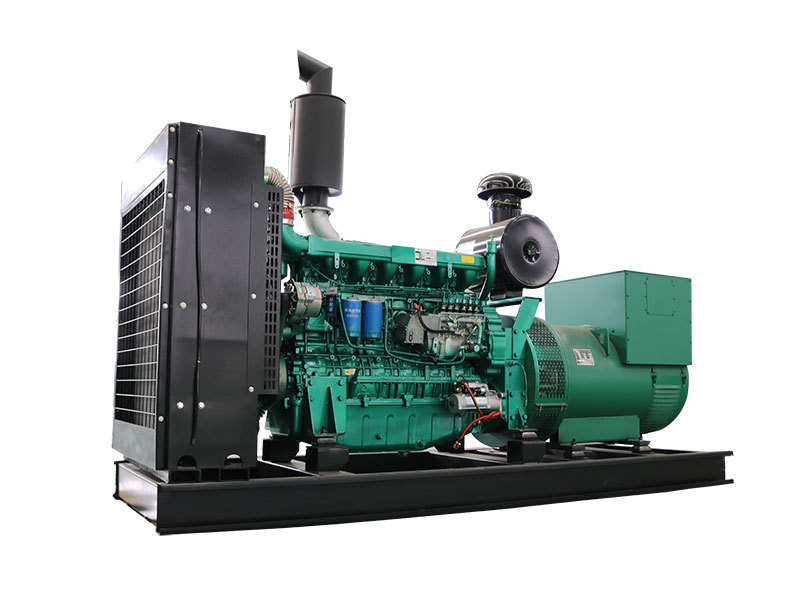Introduction
Did you know that improving your generator set's fuel efficiency can lead to significant cost savings? As energy prices continue to rise, it's more important than ever to ensure your generator is running at its best. In this article, we'll explore the key factors affecting generator set fuel efficiency and provide actionable tips for maximizing output while minimizing costs.
Why Generator Fuel Efficiency Matters
Fuel is one of the biggest operating expenses for generator sets. By improving fuel efficiency, you can reduce your generator's operating costs and lower your carbon footprint. Plus, a more fuel-efficient generator will run longer on a single tank of fuel, reducing downtime and maintenance requirements.
Factors Affecting Generator Set Fuel Efficiency
Engine Load
Interestingly enough, generator sets are most fuel-efficient when they're running at around 75-80% of their rated load. Running your generator at lower loads can decrease its fuel efficiency by up to 10%. So, make sure you're sizing your generator appropriately for your needs and avoid running it at partial loads whenever possible.
Maintenance Practices
Regular maintenance is crucial for maintaining fuel efficiency. Keeping your generator's air filters, fuel filters, and oil clean can improve its performance and reduce fuel consumption. Additionally, properly tuning your engine and replacing worn-out parts can help restore lost efficiency.
Fuel Quality
As it turns out, the quality of the fuel you use can have a big impact on your generator's fuel efficiency. Using low-quality fuel or fuel that's contaminated with water or debris can lead to poor performance and increased fuel consumption. Always use high-quality fuel and store it properly to prevent contamination.
Practical Tips for Improving Generator Set Fuel Efficiency
Right-Size Your Generator
Many experts agree that one of the best ways to improve fuel efficiency is to right-size your generator. Oversized generators often run at partial loads, leading to decreased fuel efficiency. Work with a qualified professional to determine the appropriate size for your generator based on your specific needs.
Schedule Regular Maintenance
Establishing a regular maintenance schedule can help ensure your generator is running at its best. This includes changing the oil and filters, inspecting the engine, and performing any necessary repairs or adjustments. Consult your generator's owner's manual for recommended maintenance intervals and procedures.
Monitor and Adjust Engine Load
Keep an eye on your generator's engine load and try to maintain it between 75-80% of its rated capacity. This may involve adjusting your electrical load or adding load banks to ensure your generator is running at its most efficient point. Additionally, consider investing in a generator control system to help manage engine load and optimize fuel efficiency.
Conclusion
Improving your generator set's fuel efficiency doesn't have to be complicated. By understanding the key factors affecting fuel efficiency and implementing practical strategies to optimize performance, you can reduce operating costs and extend the life of your generator. So, what are you waiting for? Start maximizing your generator's output and minimizing your expenses today!





